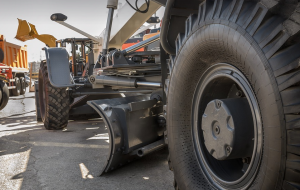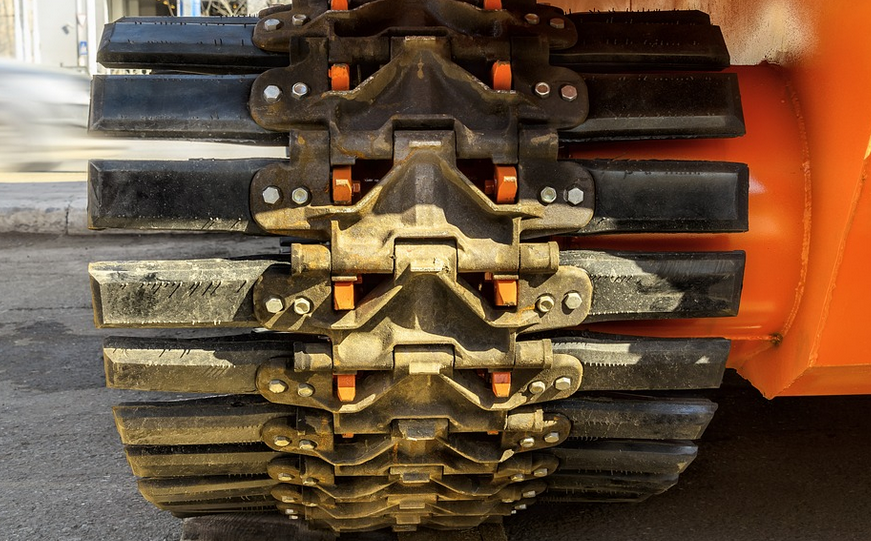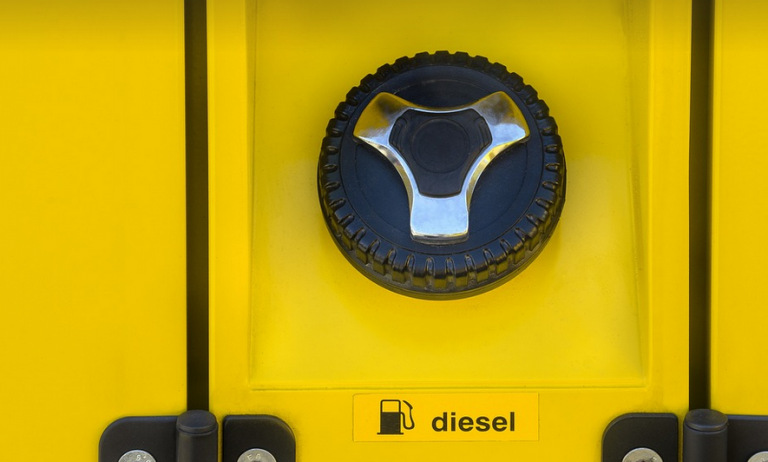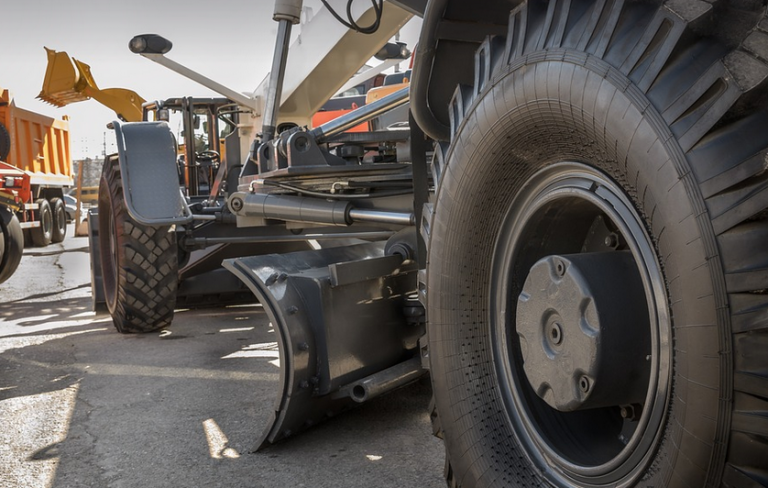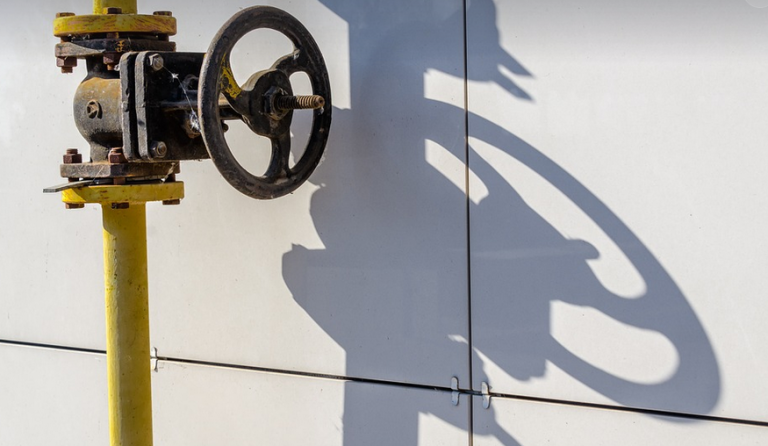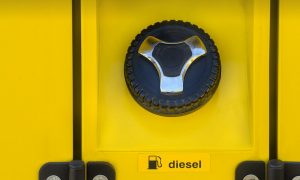Perfecting the Art of Waste Sorting
Imagine a world where your trash and recycling bins were practically overflowing with perfectly sorted materials, ready for responsible disposal! It sounds like something out of a science fiction movie, right? But fear not, because achieving this waste sorting nirvana is entirely within reach. The key lies in understanding the basics: what goes where, and why it matters.
First things first, let’s talk about the most important thing in our garbage bin – you! We all have a role to play in minimizing waste, and that begins with knowing which items belong where. Once we understand these basic rules, sorting becomes an effortless process.
Let’s break down the typical trash and recycling categories. For your regular trash, consider the “Three Rs” of responsible waste management: Reduce, Reuse, Recycle.
**Reduce:**
- Minimizing our consumption habits is a powerful tool for reducing waste.
- Before buying something new, consider whether you truly need it or if there are already alternatives at home that can fulfill the same purpose.
- By adopting simpler lifestyles and prioritizing experiences over material possessions, we naturally reduce our overall environmental footprint.
**Reuse:**
- Whenever possible, try to find creative ways to reuse items instead of discarding them.
- Old jars can become storage containers for leftovers or pantry staples.
- Fabric scraps can be repurposed into cleaning rags or simple crafts.
**Recycle:**
- Recycling is a fantastic way to give materials a second life, rather than dumping them in the landfill.
- Familiarize yourself with your local recycling guidelines.
- Most recycling centers offer specific instructions for what can and cannot be recyclable.
Taking it to the Next Level
After you’ve mastered the basics, expanding your sorting knowledge will make a significant difference in your waste management journey.
**The Fine Print of Different Materials:**
To further simplify your waste sorting process, let’s dive deeper into specific materials and how they can be processed:
**Paper/Cardboard:** Can generally be placed in the recycling bin.
**Plastic**: Check for recycling symbols (typically a triangle with numbers inside) to identify whether it’s recyclable. Avoid items that are hard to recycle or have been heavily contaminated.
**Metals:** Aluminum and steel cans can be recycled, but check your local guidelines as some regions require special disposal methods.
**Glass:** Most glass bottles and jars can be recycled easily. Be sure to avoid using broken glass in the recycling bin.
**Electronics:** This category requires dedicated drop-off locations or programs due to their unique composition and potential dangers if mishandled.
**Chemical Waste (Batteries, Paint, etc.):** These can be hazardous to the environment and should be disposed of at designated collection centers.
Remember: It’s not about perfection, but progress! Don’t get discouraged if you miss a step or two. Just keep learning and practicing, and your efforts will truly make a difference in protecting our planet.
Why Sorting Matters
The seemingly mundane act of sorting trash and recycling carries far greater implications than we might realize.
**Sustainability for the Future:** Waste reduction and responsible disposal contribute to a sustainable future where resources are used wisely, minimizing environmental impact.
**A Healthy Planet:** By diverting materials from landfills, we help preserve clean air, water, and soil – essential elements needed for the thriving of all living things.
**Economic Benefits:** Recycling provides valuable raw materials that can be used to produce new products, reducing our reliance on mining and manufacturing processes, thereby promoting a more circular economy.
**Empowering Communities**: Responsible waste management is often part of community initiatives that create educational resources and foster environmental consciousness. By learning to sort properly, we empower ourselves and others to become active participants in building a more sustainable future for generations to come.
Making It Easy & Fun!
Don’t let the task overwhelm you! Simple strategies can make waste sorting both easier and more rewarding.
**Start Small & Progress Gradually:** Begin by focusing on one category at a time and gradually expand your knowledge as you become more comfortable.
**Make it Visual:** Invest in clear trash and recycling bins with labels or create color-coded systems for easier identification.
**Gamify the Process:** Turn sorting into a game by setting up challenges, rewarding yourself for progress, or even creating a friendly competition with family or friends.
**Keep Learning:** Stay informed about new recycling initiatives and trends to maximize your impact.










